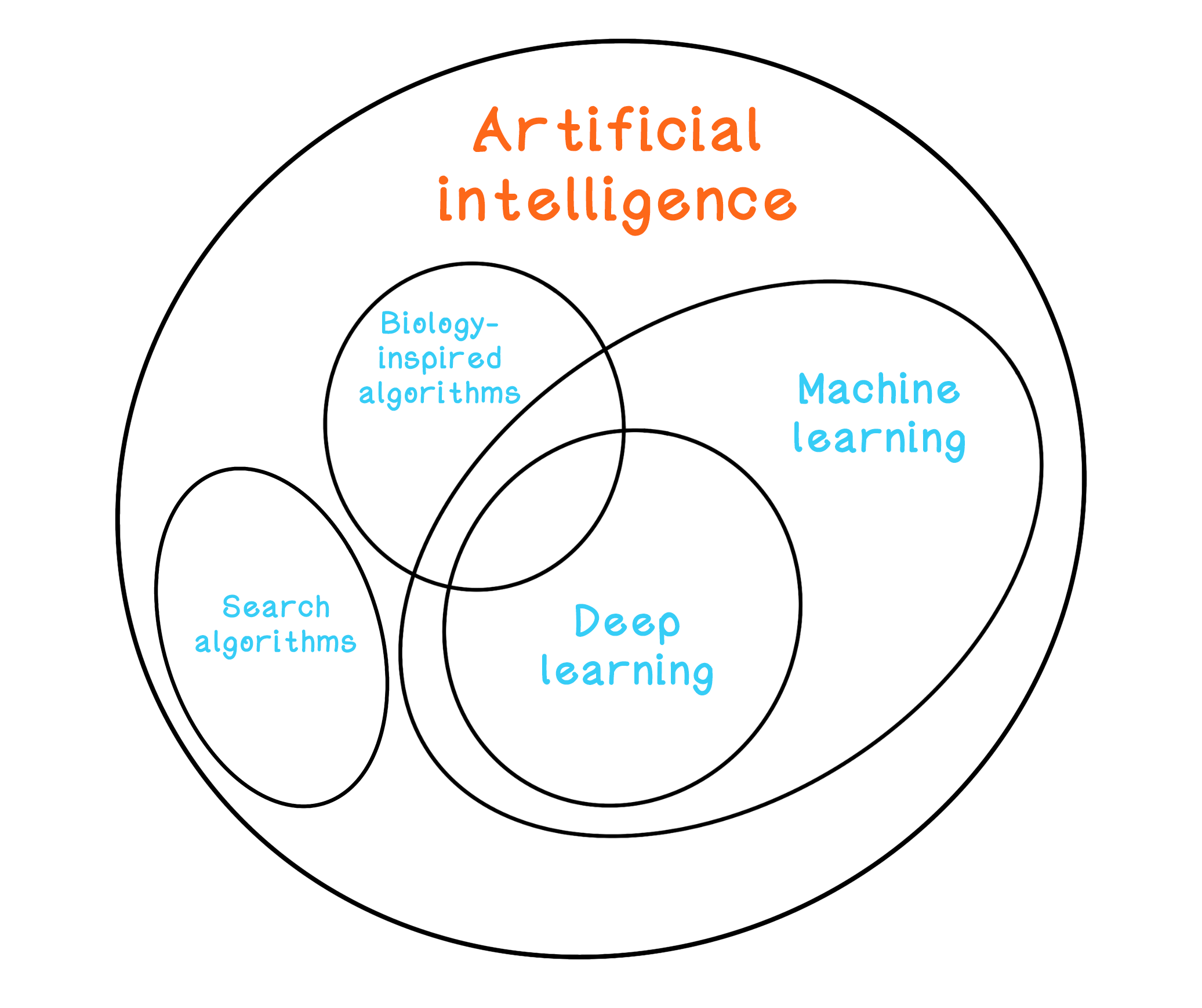
AI Algorithms Unlock Hidden Patterns in Genomics DataAI Algorithms Unlock Hidden Patterns in Genomics Data With the advent of high-throughput sequencing technologies, vast amounts of genomics data are now readily available. However, extracting meaningful insights from this data remains a significant challenge. Artificial intelligence (AI) algorithms are emerging as powerful tools to unlock hidden patterns and facilitate the discovery of novel biological mechanisms. Pattern Recognition: AI algorithms possess the ability to detect hidden patterns in complex data. They can identify subtle correlations and dependencies that may be missed by traditional analysis methods. For example, unsupervised learning algorithms, such as principal component analysis (PCA), can cluster genes or samples based on their similarities, revealing hidden relationships between different biological entities. Disease Diagnosis and Prognosis: AI algorithms can help clinicians diagnose and predict the prognosis of diseases based on genomics data. By training algorithms on large datasets of patient samples, researchers can develop models that can classify patients into different disease categories, estimate the risk of developing certain conditions, and predict treatment responses. This information can greatly improve patient management and personalized medicine. Drug Discovery and Development: The discovery and development of new drugs is a time-consuming and expensive process. AI algorithms can accelerate this process by identifying potential drug targets, predicting drug efficacy, and optimizing drug combinations. By analyzing genomic data from patients and animal models, AI algorithms can provide valuable insights into disease mechanisms and identify potential therapeutic approaches. Precision Medicine: AI algorithms can help tailor treatments to individual patients based on their unique genetic makeup. By analyzing genomic data, AI algorithms can identify genetic variants that influence drug response, disease susceptibility, and treatment outcomes. This information can empower clinicians to make informed decisions about the most appropriate treatments for each patient. Genomics Research: AI algorithms are also transforming genomics research. They can generate hypotheses, identify new biological pathways, and explore complex interactions between genes, proteins, and environmental factors. This can lead to a deeper understanding of the genetic basis of diseases and the development of novel therapeutic strategies. Conclusion: AI algorithms are revolutionizing the analysis of genomics data. Their ability to uncover hidden patterns and extract meaningful insights is accelerating scientific discoveries, improving patient care, and advancing the field of personalized medicine. As AI technology continues to evolve, we can expect even more transformative applications in the future, unlocking the full potential of genomics for human health.
Posted inNews